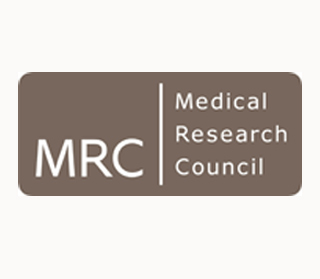
When the antibody has gained entry, it possibly leads to a response by the TRIM21 protein for pulling the virus into a disposal system. Such a system is probably employed by the cell to get rid of unwanted material. Researchers assume that this process happens quickly even before most viruses have chance to hamper the cell. It was noted that on elevating the amount of TRIM21 protein in cells, the process supposedly becomes more effective and improves the capability of antiviral drugs. Antibodies can apparently attack viruses within cells continuously. Dr. Leo James from the MRC Laboratory of Molecular Biology (LMB), lead investigator and colleagues assert that at present great quantity of antibiotics are available for fighting bacterial infections but few antiviral drugs.
The research is published online by PNAS.
